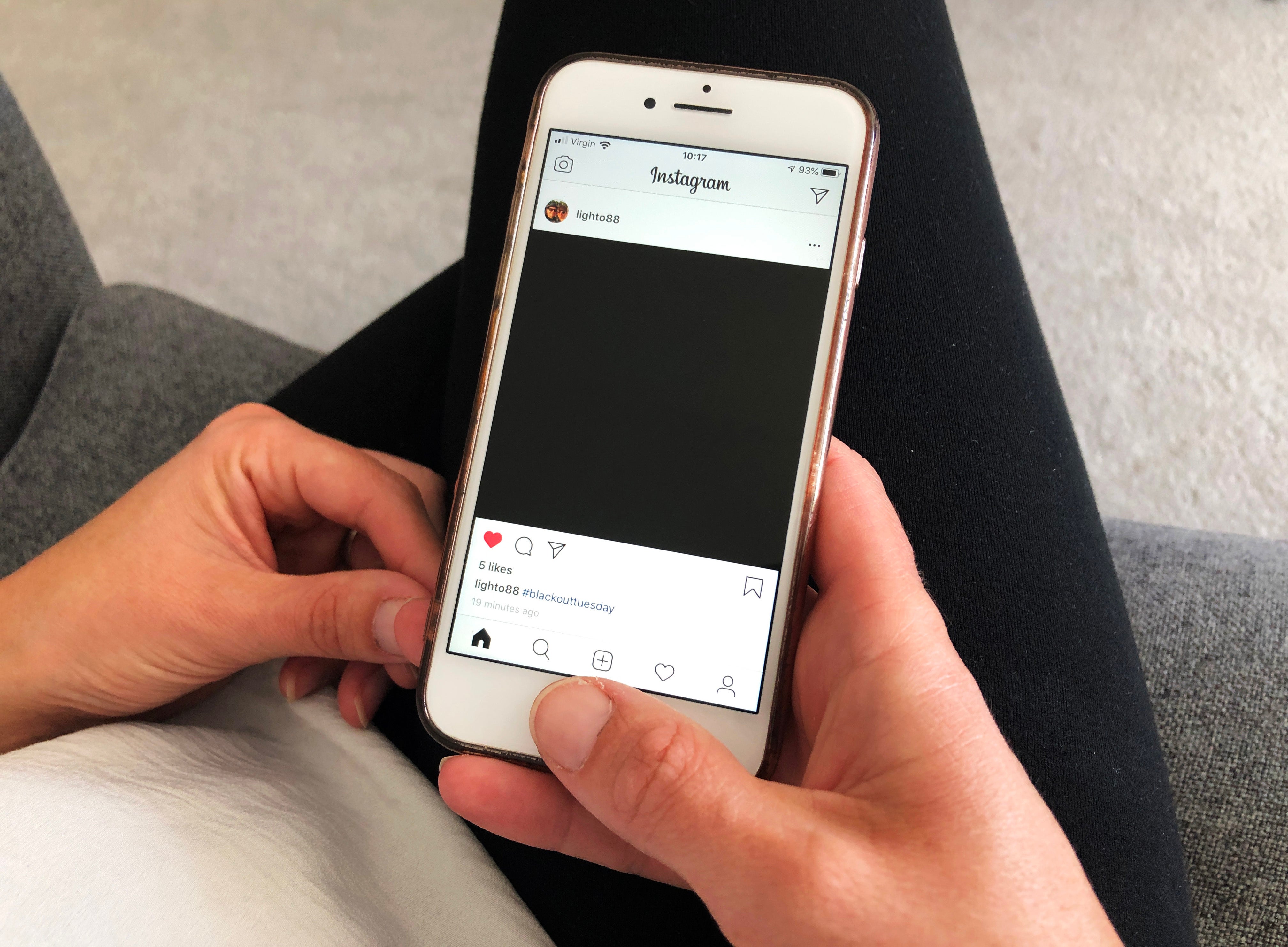Online abuse is destroying lives – now is the time to take real action and protect the public
The long-awaited Online Harms Bill is to be presented to parliament for debate in the New Year. It’s time the government grasped the nettle and not let this historic moment go to waste


Next year the government has a golden opportunity to reduce the prevalence of – and harm caused by – online abuse.
The long-awaited Online Harms Bill is to be presented to parliament for debate in the new year. This bill could have one of two legacies. It could mark a seismic shift in our attempts to control, reduce, and ultimately eliminate online abuse. Or it could become yet another piecemeal disappointment that fails to get to grips with the thorny issue of online regulation.
Hoping to steer the government towards the more courageous path, a group of cross-party colleagues and NGOs, including Compassion in Politics, the Women’s Institute, Centenary Action Group, and More United, have today launched the Stop the Hate campaign. Our goal is to work across civil society and parliament to show the government the urgent need to stop online abuse and make the case for the policy changes that would allow them to do it.
Firstly, the need. Online abuse – especially abuse carried out on social media – is having a devastating effect on the mental health and wellbeing of millions, particularly young teens, women, and those from a black or ethnic minority background. Online bullying and harassment has been linked to increased rates of depression, anxiety, and suicide. One in five women have experienced abuse online and a quarter of those report that the abuse came in the form of direct sexual or physical threats.
Not only is abuse destroying individual lives but it is stifling our democracy. New research released today by Compassion in Politics finds that 27 per cent of people are regularly put off posting comments online because they fear they will receive retributive abuse. Although there is more and more political discussion taking place online, the tenor of that discussion is limiting the diversity of voices and views being expressed.
Left to their own devices, social media companies will not make the changes needed to reduce the prevalence of online abuse: closing accounts, employing more and better trained complaints reviewers, and creating barriers to entry are all likely to harm their profit margins. Social media companies seek to further their private interest – the government must represent the public’s.
And so this leads me onto the policy changes we are advocating. I should perhaps be clear that our goal is not to stifle debate or to punish social media companies. If anything, we want to facilitate a more diverse, representative, and respectful debate and we want to help social media companies to do the right thing by levelling the playing field. We understand that a single company is unlikely to take unilateral and (what it sees as) personally injurious action unless its competitors are also compelled to do so.
The government should use the Online Harms Bill to ensure social media companies have a legally enforced duty of care for their users. This is already the case for most companies providing goods or a service to their customers. The likes of Facebook and Twitter already have perfectly reasonable policies on bullying and abuse – the problem is that they are not being implemented. These companies need to walk the walk as much as they already talk the talk and a legal mechanism enshrining their duty of care would compel them to do that.
Next the government should create an independent body responsible for overseeing the operation of social media companies in the UK. Again this is not a radical departure from the existing legal framework: Ofcom already oversees traditional media, for example. The government has intimated in the past that Ofcom might be invited to expand its operations to include social media. We see no problem with this so long as they are given the power, resources, and independence to hold social media companies to account.
Lastly, the Online Harms Bill must tackle the scourge of anonymous accounts. While we appreciate that some people – whistleblowers for example – do need to use a pseudonym to hide their identity, it is also clear that the majority of anonymous accounts are being used to hurl abuse at other users or to spread mistruths with impunity. Research by Clean Up The Internet has found that the majority of hate and misinformation spread online comes from anonymous sources. We are proposing a twin-track system: giving social media users the chance to create an “authorised” account by supplying a piece of personal identification on sign-up and the ability to filter out all “unauthorised” accounts.
If you agree with these proposals, do visit the Stop the Hate website, sign-up and take action. And for the government my message is this: please grasp the nettle. Do not let this historic moment go to waste. Online abuse, harassment, and bullying is having an untold impact on individual lives and is weakening our democracy. Now is the time for real action.
Debbie Abrahams is Labour MP for Oldham East and Saddleworth





Join our commenting forum
Join thought-provoking conversations, follow other Independent readers and see their replies